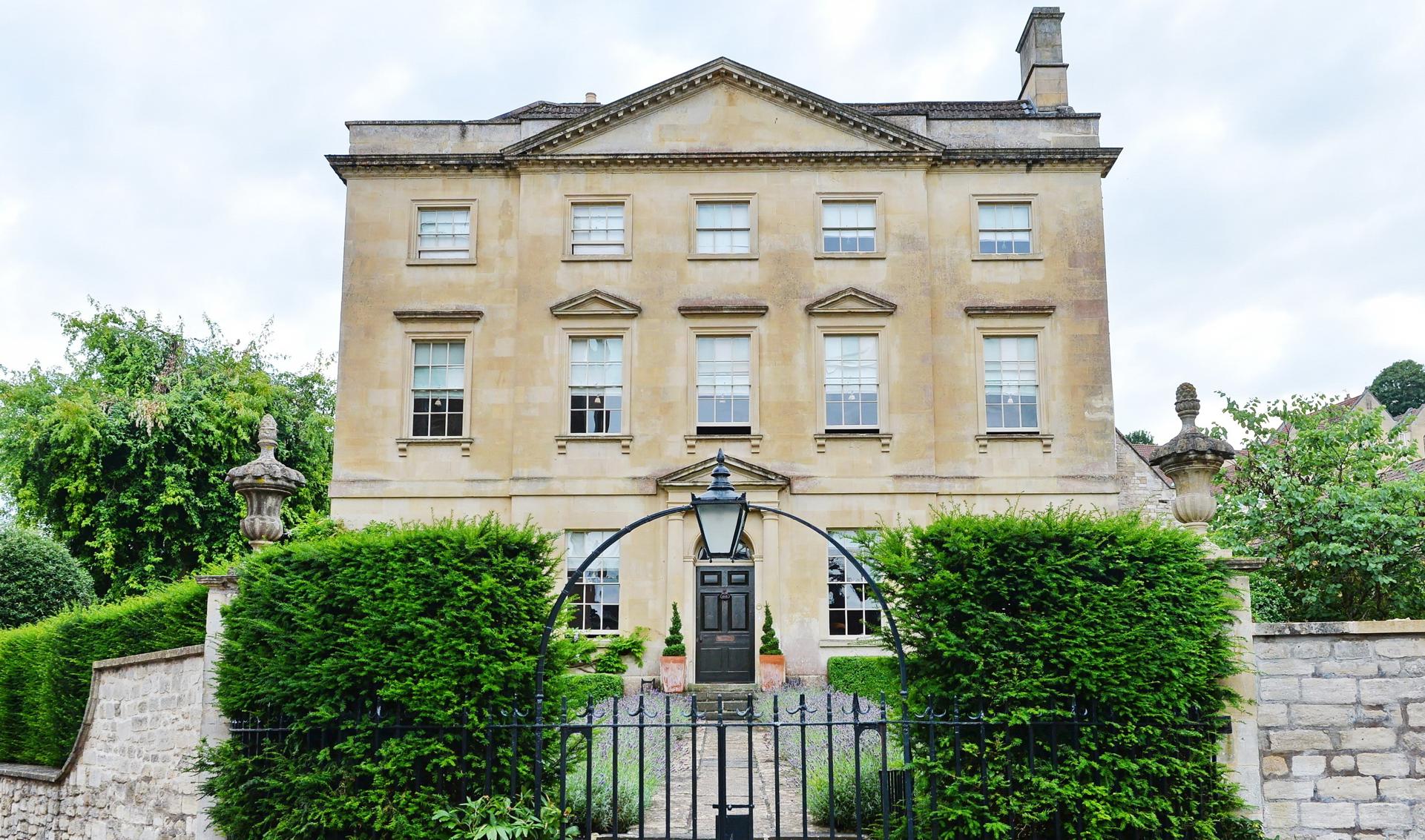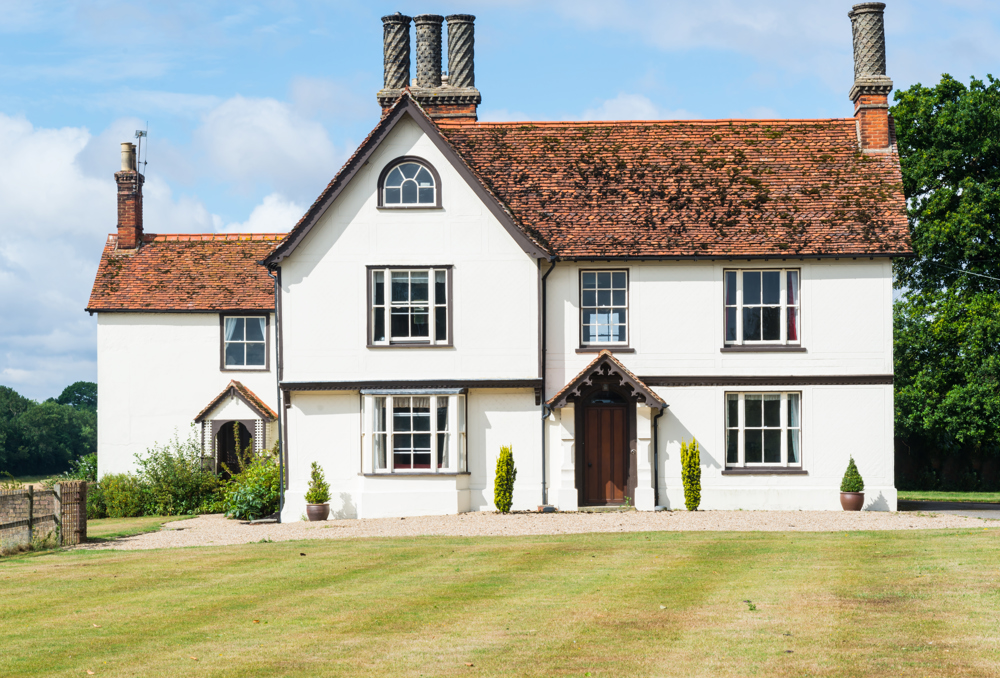
Inheritance Tax: What it is, how much you pay and the threshold 'big freeze'
Mon 21 Nov 2022
Bereaved families face paying even more in inheritance tax (IHT) after the Chancellor extended the threshold freeze for another two years.
Prime Minister Rishi Sunak (when he was Chancellor) froze IHT thresholds until 2025-26 and now the new Chancellor Jeremy Hunt in his Autumn Statement has announced a further extension to April 2028.
Families currently have to pay 40% IHT on the value of an estate above £325,000.
The threshold usually increases to keep pace with rising inflation and property prices, but the freeze has meant a ‘fiscal drag’ – pushing people into higher IHT brackets.
The nil rate band – the amount that can be passed on before IHT is due on property– has been £325,000 since April 2009.
When understanding how much IHT needs to be paid, it's vital a property or estate is valued correctly. Henry Cockerton, Head of Residential and a Chartered Surveyor, said: "People can be confused between ‘professional’ valuations and market appraisals.
"When dealing with taxation and statutory valuations it is essential to get the right advice. Free market appraisals from unqualified estate agents can serve a purpose, however it is important to remember that these are not professional valuations.
"We are often brought in to deal with valuation disputes and issues which have arisen because clients have attempted to use free market appraisals to deal with taxation or other issues which have ultimately had substantial consequences.
"If you are not sure what type of valuation you require, we are always happy to answer any questions."

What is IHT?
IHT is a tax on the estate (the property, money and possessions) of someone who’s died. It usually does not apply if:
- The value of the estate is below the £325,000 threshold
- Everything above the £325,000 threshold has been left by the deceased to their spouse, civil partner, a charity or a community amateur sports club
If an estate is given away to children (including adopted, foster or stepchildren) or grandchildren, the threshold can increase to £500,000. If the owner of an estate is married or in a civil partnership and the estate is worth less than the threshold, any unused threshold can be added to their partner’s threshold when they die.
The standard IHT rate is 40% and only charged on the part of the estate that is above the threshold.
IHT can be paid at a reduced rate of 36% on some assets if 10% or more of the ‘net value’ (the total value of the estate minus any debts) is left to charity in a will.
Some gifts given while alive may be taxed after your death. ‘Taper relief’ may mean the IHT charged is less than 40%. Other reliefs such as business relief mean assets can be passed on free of IHT or with a reduced bill.
The standard IHT rate is 40% and only charged on the part of the estate that is above the threshold."
How we can help you
Our RICS Valuers in our Residential teams can help advise you on the issue of IHT. The key is ascertaining the correct valuation of an estate which our expert Chartered Surveyors, RICS Registered Valuers and Professional Members of the Royal Institution of Chartered Surveyors (RICS), are best placed to help you with.
Many estate agents are not professionally qualified and do not carry the required professional indemnity insurance to undertake valuations for IHT. We at Brown&Co are one of the few firms who are Professional Valuers as defined by the International Valuation Standards Committee.
HM Revenue & Customs (HMRC) strongly recommend that you use a Professional Valuer, as opposed to a market appraisal supplied by a range of estate agents which can lead to problems.
This is because HMRC undertakes investigations into IHT valuations and can challenge them with estate beneficiaries facing financial penalties if found to be incorrect because 'reasonable care' was not taken during the valuation.
HMRC will check by asking whether estate administrators sought professional advice from a qualified independent valuer and whether they questioned anything unusual about the valuation. Tax inspectors would also expect estate administrators to draw the valuer’s attention to particular features of the property that might affect its value (such as development potential, an existing tenancy or occupancy by people other than the deceased.)
If HMRC finds that reasonable care was not taken, it is able to fine the estate and its beneficiaries up to 100% of the additional tax liability, as well as the extra tax due.
Valuations are undertaken with dignity and respect by our experts with written reports provided in accordance with the RICS Appraisal and Valuation Standards."
Our experienced Chartered Surveyors can offer an executor service providing IHT valuations in accordance with s.160 Inheritance Act 1984 on all types of property and land. Valuations are undertaken with dignity and respect by our experts with written reports provided in accordance with the RICS Appraisal and Valuation Standards.
If as an estate beneficiary you wish to go on to dispose of any assets in full or part, we can also help by providing a market appraisal and sale of property and land by auction, formal and informal tenders, private treaty and private brokerage, along with Architecture & Planning assessments and advice too.
We can also arrange valuation of contents if required.
For more information contact our Residential Partners and Surveyors Henry Cockerton, Holt, on 01263 711167, Jeremy Baguley, Retford on 01777 709112, Peter Hornor, Norwich on 01603 629871 and Residential Surveyors Steve Willerton, Bury St Edmunds on 01284 731455 and Leo Marshall, Lincoln on 01522 457187.
Keep updated
Keep up-to-date with our latest news and updates. Sign up below and we'll add you to our mailing list.
 Brown&Co
Brown&Co
